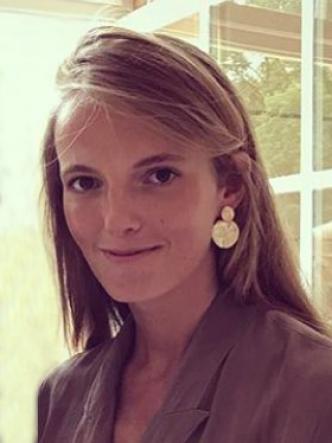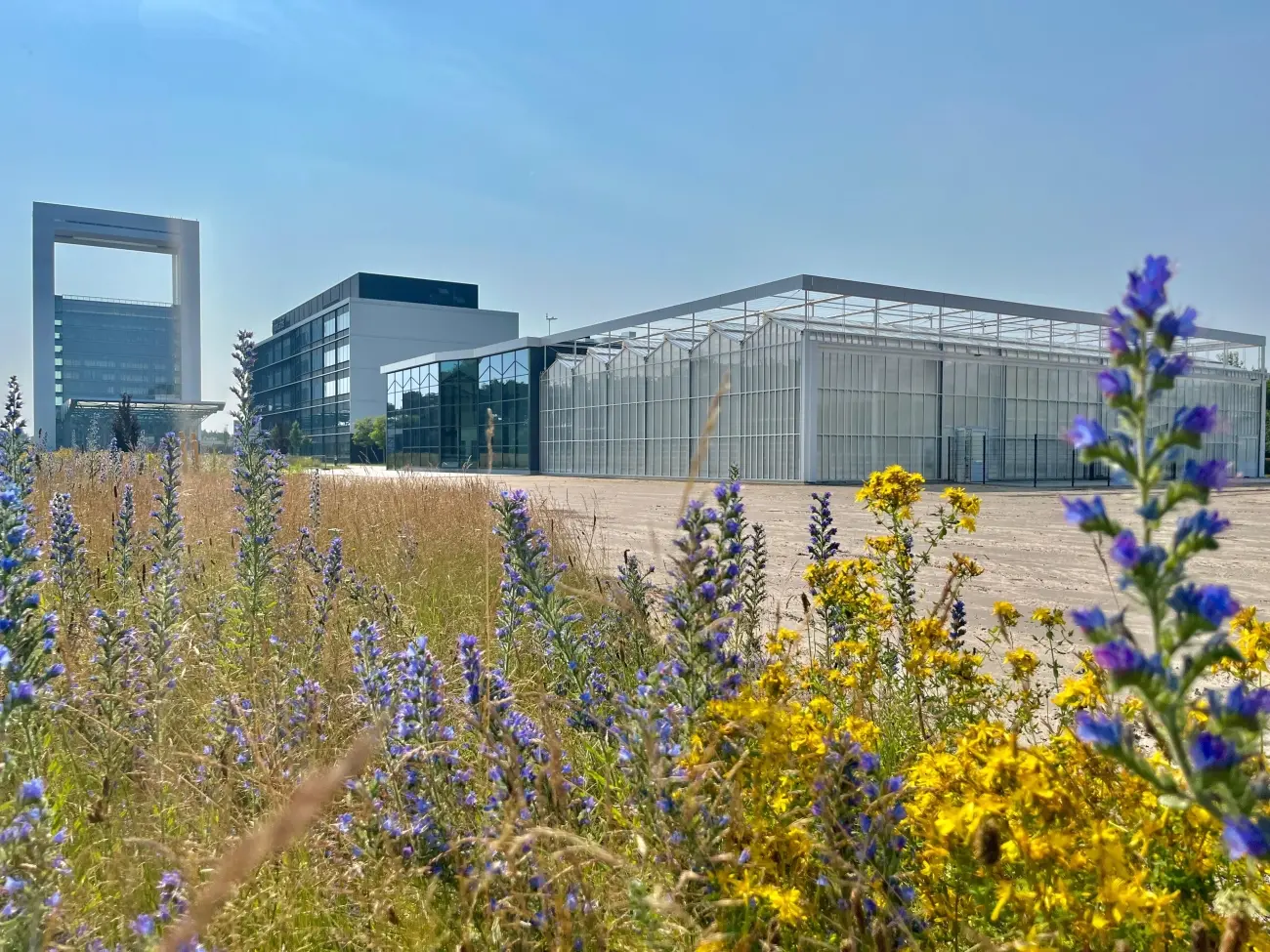‘For Each Other’ campaign supports disadvantaged students
How would you feel if you were bursting with ambition and intelligence, but didn’t have the money to go to university? The University Fund Limburg/SWOL is raising funds for disadvantaged but talented students through its ‘For Each Other’ campaign. Office and event manager Miranda Klingenstijn discusses the how and why of this initiative.
Miranda Klingenstijn has been involved with the initiative since early 2019. The scholarships are awarded by the University Fund Limburg/SWOL in collaboration with the Maastricht University Scholarship Office and grant providers such as Jo Ritzen, the Elizabeth Strouven Fund and the Venlo Region. “We give all students, regardless of their background or financial situation, the opportunity to study. Many people are well-off these days, but unfortunately there’s no shortage of motivated, intelligent young people both here in the Netherlands and abroad who are unable to attend university”, says Klingenstijn. “Either they don’t have the money themselves, or their parents can’t support them financially, don’t see the added value of studying, or are afraid the high costs will land their child will in debt.”
Lack of financial means
Scholarships for disadvantaged students are one of the four components of the ‘For Each Other 2019’ campaign. “One of the aims of this campaign is to raise money for new scholarships. When we’ve collected enough, the Scholarship Office organises a selection procedure, after which we notify the lucky students.” But why is this campaign necessary? Doesn’t the University Fund Limburg/SWOL already have enough money? “I often get that question”, Klingenstijn says. “We do have financial resources, but not enough to cover the costs of additional projects like these. And the money is often intended for a specific purpose, such as particular research projects.”
Students giving all they’ve got
Even if a student receives a scholarship, there is often still a proverbial price to be paid. “Think of international students: they’re away from their homes, their families and their everyday lives for months at a time. They give all they’ve got to study here. Back in their homeland, they then put the knowledge they’ve acquired to good use. Their stories never fail to move me. Take Chiagozie Nneoma Dan-Nwankwo, who recently received a grant from the Elizabeth Strouven Fund for the Master in Global Health (see the picture with chairman Dik Mol). She has to leave her husband and children behind in Nigeria, which is not easy.” (text continues below)

Poverty: more common than you might think
Although she will miss her family, Chiagozie was thrilled with the offer of financial aid. Klingenstijn: “For disadvantaged, ambitious students, a scholarship is a dream come true. Not only for international candidates like Chiagozie, but also for Dutch students. Poverty is not always immediately visible and is more common than you might think, even in a prosperous country like the Netherlands. With new scholarships, we can give even more young people at home and abroad the opportunity to study at Maastricht University. In turn, these students make for a more inclusive and diverse student population.”
Are you there For Each Other?
Maastricht University is committed to the important tasks of teaching and research, with the ultimate aim of building a better society. As ever, the University Fund Limburg/SWOL supports UM in this effort. But your support, too, is essential.
In the ‘For Each Other 2019’ campaign, we are seeking contributions to four special UM projects: scholarships for disadvantaged students, an app for research on women with chronic pain, a plastic recycling workshop and a ‘bestial’ experience room for hospitalised children. In the weeks leading up to and during the campaign, we will publish a series of articles shining a spotlight on each of the four projects.
By: Milou Schreuders

Miranda Klingenstijn works for the University Fund Limburg/SWOL, the charitable foundation of Maastricht University. The Fund was established in 1965 and supports teaching and research at the university. It is a registered public benefit organisation (ANBI), which means your donation is tax deductible. For more information, please visit the website.
Would you like to make a donation to the ‘For Each Other’ campaign? Donate online via www.umcrowd.nl.
Also read
-
Aleksandra Komornicka has received a Veni grant of € 320,000 from NWO for her project ‘The Market Next Door: Western European Multinationals and the Remaking of Central Europe, 1969-1993’.
-
Moving orange spots on a yellow background are the first indication that something unusual is taking place in Maastricht's limestone quarry, Sint-Pietersberg. A closer look reveals that these are people clothed in orange vests. They are Maastricht Science Programme students and supervisors.
-
Maastricht University has built a new research greenhouse at Brightlands Campus Greenport Venlo. Starting on September 1, research will be conducted in this high-tech greenhouse on the agriculture and horticulture of the future: from new cultivation techniques and the development of plants to the...

